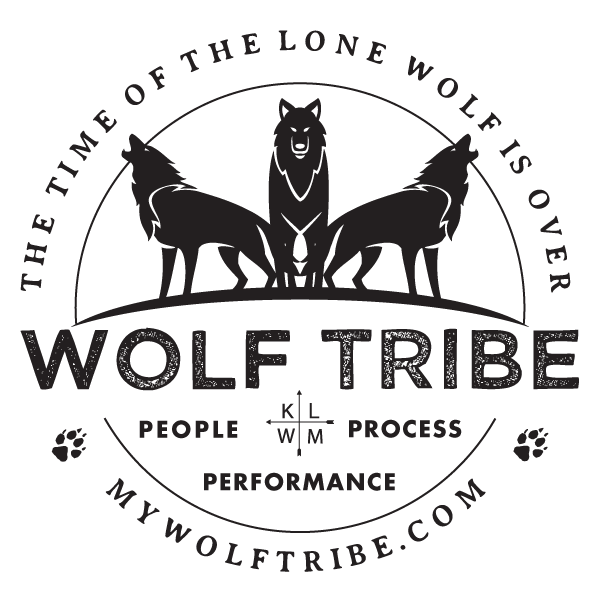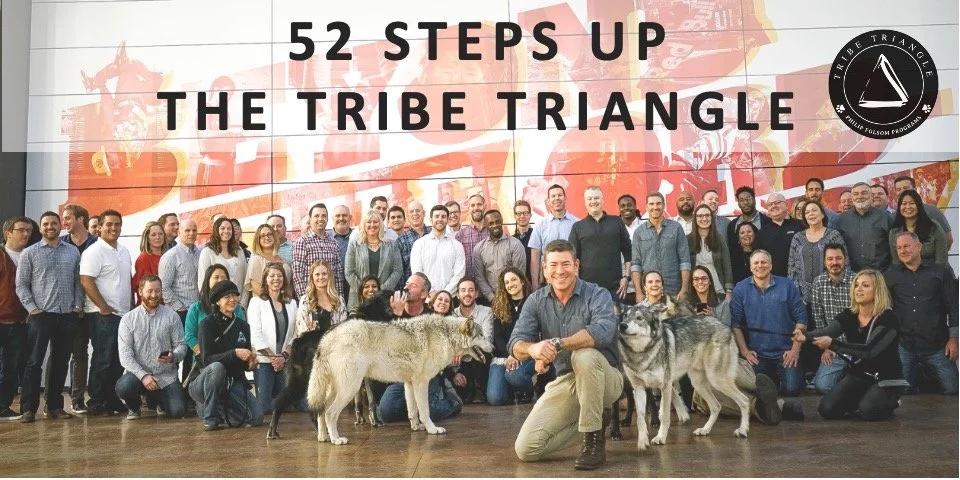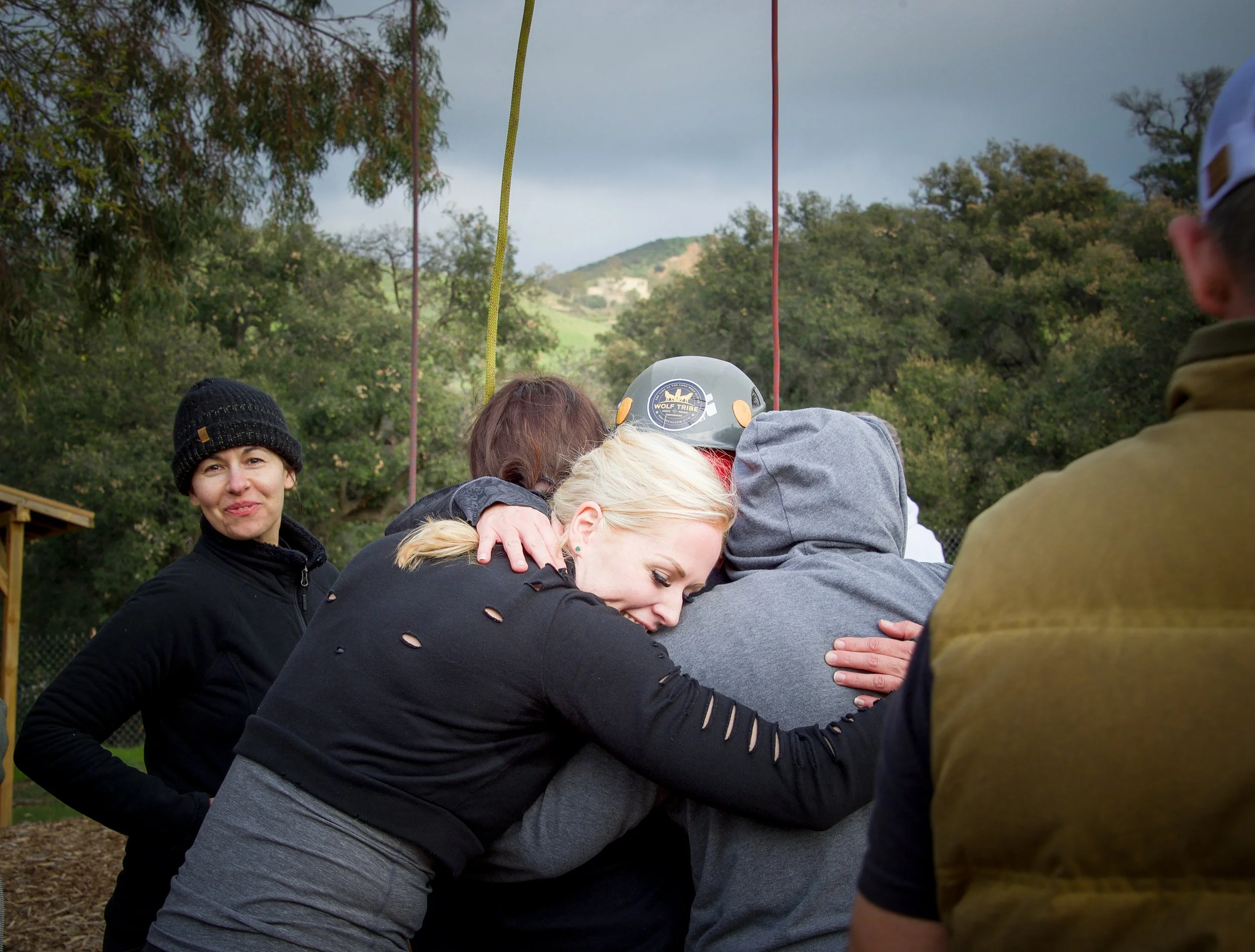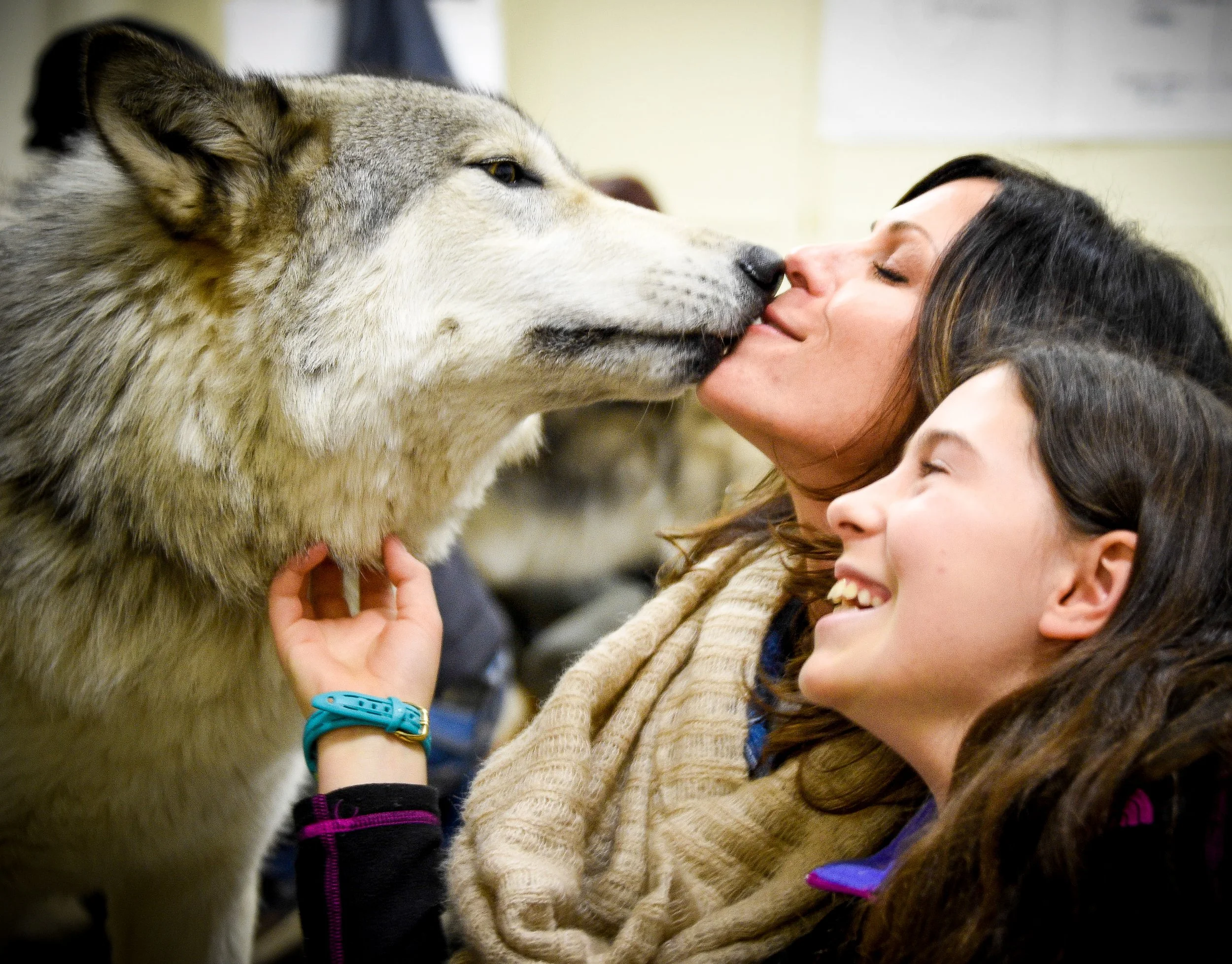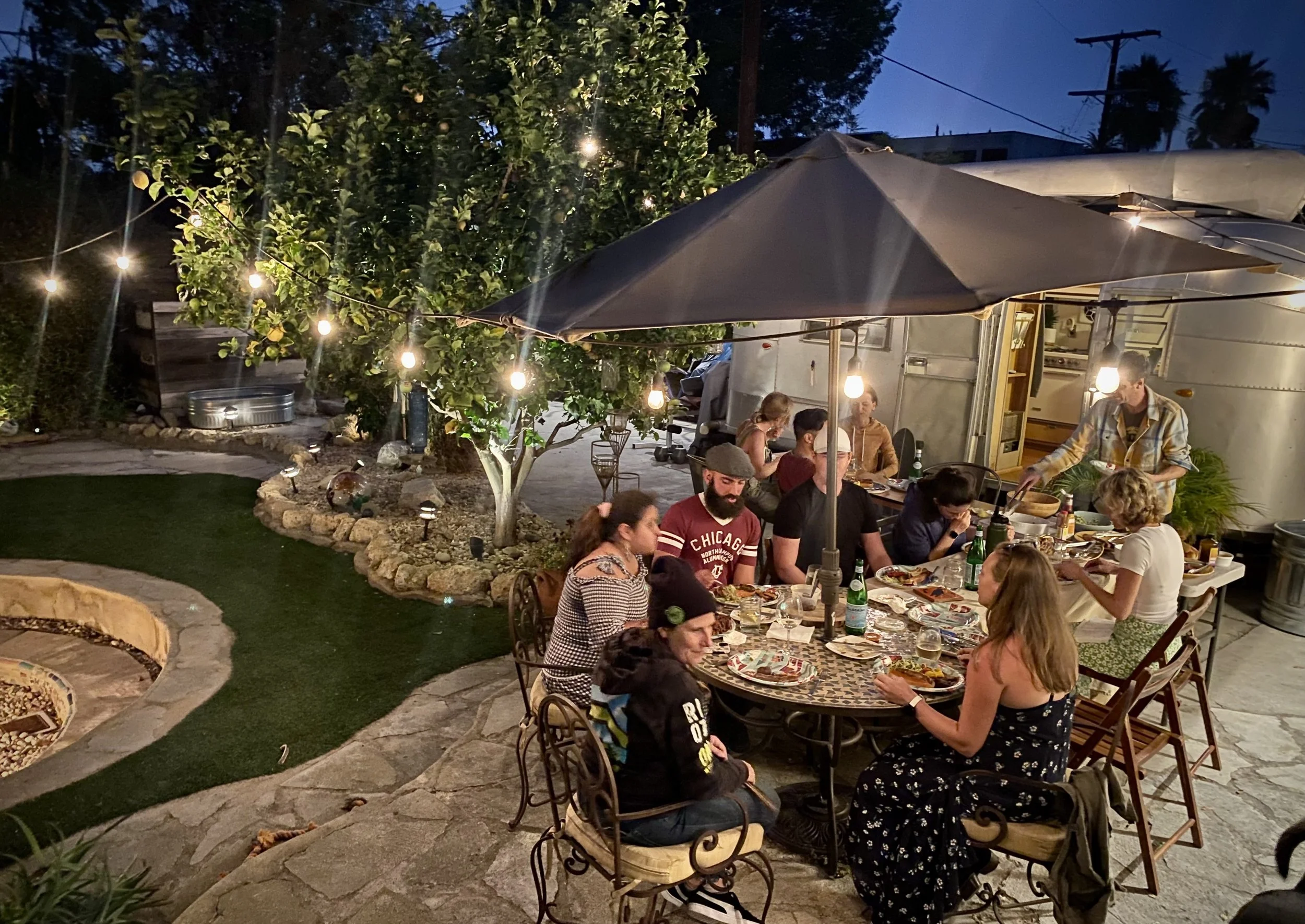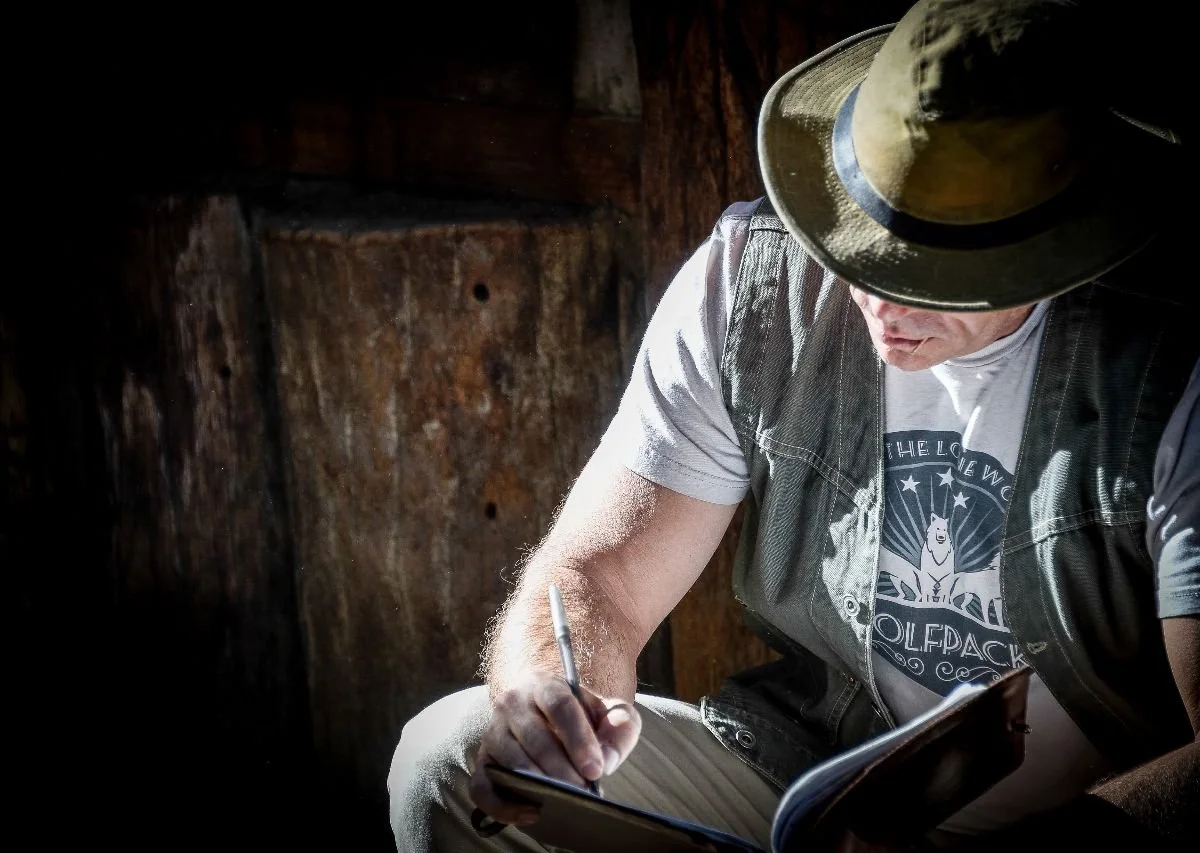Step 17 Up the Tribe Triangle: Kindness is a Function of Kinship
“Kinship and kindness share the same root of ‘kin’. Kindness is the special behavior we reserve for our kin or the members of our tribe. If you want more kindness at home and work, increase your level of kinship.”
-Philip Folsom
“Kindness is the golden chain by which society is bound together.”
-Johann Wolfgang Von Goethe
Kinship and kindness share the same root of ‘kin’. Kindness is the special behavior we reserve for our kin or the members of our tribe. Kindness is a special form of behavior that you simply cannot afford to give to everyone. We can always be nice to people but we cannot always be kind because kindness is going to cost you resources even if that resource is just stopping and saying hello. Try that in a busy place and notice you will not go anywhere or accomplish anything.
Kindness is the special form of treatment we reserve for members of our tribe.
Who would you actually be compelled to stop and talk to on the street? Who would you cross the street to connect with or help? Who would you invite into your home and show hospitality to? Who would you help move? How many of your friends would help you move? We simply cannot do this for everyone in the world but we are obligated to do it for members of our tribe (or kinship system). This is one of the rules of kinship. There are responsibilities that come with being part of an honor-based culture and the most important responsibility is the duty we have to behave honorably to those within our tribe.
In studies from Yale University, they concluded that kindness is inherent to human beings along with altruism and empathy. This is based on the fact that kinship culture is our core operating system as a species. Without kinship we lose the crown jewels of humanity which are our empathy, altruism and kindness.
Although kindness is an inherent trait of humanity it is often trained out of us by the overly individualistic and competitive culture that is now the standard operating system of the modern world. All of us born into our pride-based world have learned to survive by taking care of ourselves first.
This is the game we must all learn to play to be relevant and competitive today. Kindness will always require a short-term cost of our time and resources and we need to have the kindness operating system reinstalled to regain the long-term benefits of kindness. Kindness now must be taught and the best way to teach behavior, Tribe Leader, is to model it.
Kindness is power.
“Human kindness has never weakened the stamina
or softened the fiber of a free people.”
-Franklin D Roosevelt
Cultures of kindness are proven to increase the resiliency and sustainable success of the organization. Kindness improves people’s sense of well-being, mental and emotional health and even longevity. In addition, cultures that include feelings of kindness are substantially more competitive in the long run based on increased member engagement, retention and risk-taking.
Modeling kindness is a form of generosity that is returned in kinship cultures. This is the very definition of reciprocity. When we share kindness we get to share the happiness of those we are kind to.
One of the unattainable holy grails of modern organizations is to create a culture that is safe enough that people will actually ask for help. Unfortunately, this has been proven to be a pipe dream in individualistic cultures like the one we are living in. It is simply too risky and vulnerable both interpersonally and interpersonally for people to adopt the norms of asking for help. People simply do not regularly attend office hours in colleges and they do not often take advantage of well-meaning ‘open door’ policies that managers establish to be kind.
In our pride-based world we will never be able to create a culture of reaching out but we can create a culture of reaching in when we see a member of our family, team or tribe struggling. This is the greatest example of kindness we have and it is not only a form of human behavioral wisdom, it is the height of applied philosophy and leadership.
Ultimately, Tribe Leader, the start of sustainable kindness starts with kindness to ourselves. What we practice will be modeled. Kindness is intentional generosity not martyrdom. Make sure you put that kindness oxygen mask on first.
Click here To watch the video of Step 17: Kindness is a Function of Kinship
Leaders must write and speak
Answer these questions in your journal by really writing them down. Discuss them with at least one of your most important people and really listen to their response.
Tribe Leaders must write and speak.
Who reaches out to you when you are struggling? That is kindness and that person is kin.
Who do you see struggling in your family or team now? Reach out and connect. It may benefit you more than them.
Ubuntu,
Philip Folsom
